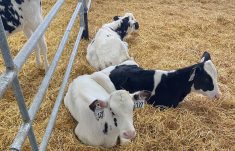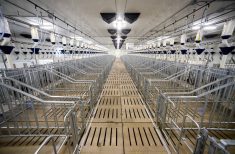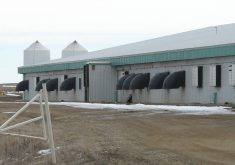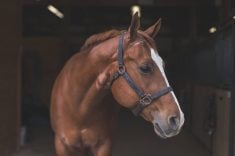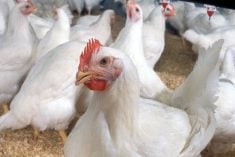The humane society has accused two of the largest American pork producers of abuse by confining sows in cages during pregnancy.
In a video on the humane society website, sows can be seen chewing the metal bars of their gestation crates and struggling to stand up. Some are scratched, bleeding or even dead.
“When it comes to the treatment of farm animals, few practices are more controversial than the extreme confinement of animals in tiny cages for their entire lives,” said society spokesperson Paul Shapiro.
Read Also
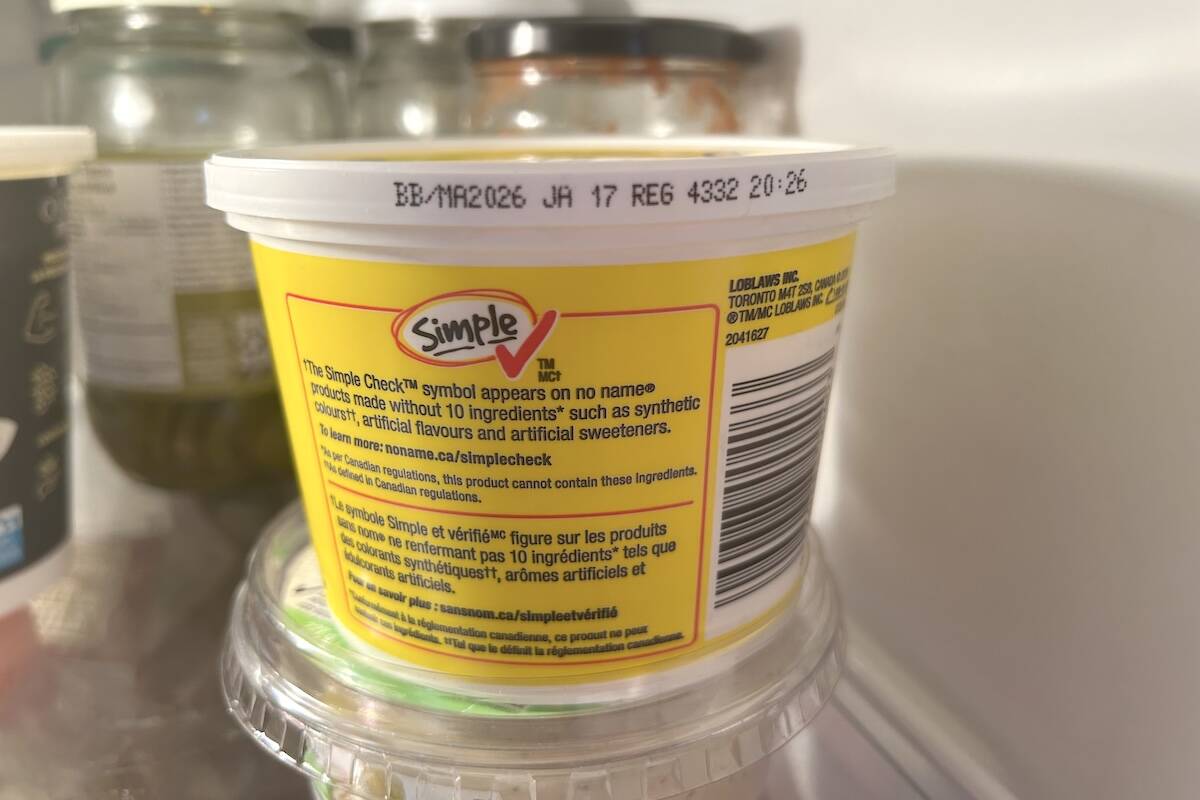
Best before doesn’t mean bad after
Best before dates are not expiry dates, and the confusion often leads to plenty of food waste.
“We found gestation crates overflowing with feces and urine because of a backed-up sewage system, employees hitting pigs in the genitals and pulling their hair in order to move them from one crate to another, piglets with splayed legs duct taped back to their bodies.”
The humane society said it is not seeking criminal charges against Seaboard Foods and Prestage Farms Inc., owners of the Oklahoma facilities where the videos were shot.
Using gestation crates doesn’t constitute abuse, countered Seaboard president Terry Holton.
“Animal welfare experts and professional groups have found no one method for housing gestating sows that is clearly better than the other when managed properly,” Holton said.
That view was echoed by Ron Prestage, who owns Prestage Farms with his parents and siblings.
“There is nothing for me to defend in the video. We have both systems (gestation crates and group pens) and have for years,” Prestage said.
Investigators for the humane society got jobs at the two breeding facilities late last year and shot video of the conditions. The group said 70 per cent of the pork industry confines its pregnant pigs to gestation crates, despite the EU and eight U.S. states banning the practice.
The welfare group advocates group housing for pigs, which allows the animals to move around freely.
“There are times when each system has its advantages,” Prestage said. “If you have an animal that’s gotten injured, it’s much easier to treat them if they are in an individual crate. If they happen to be on the bottom of the pecking order, the other ones are just going to beat them up.
“On the other hand, if there is no fighting, you might decide they are happier in a group pen.”




